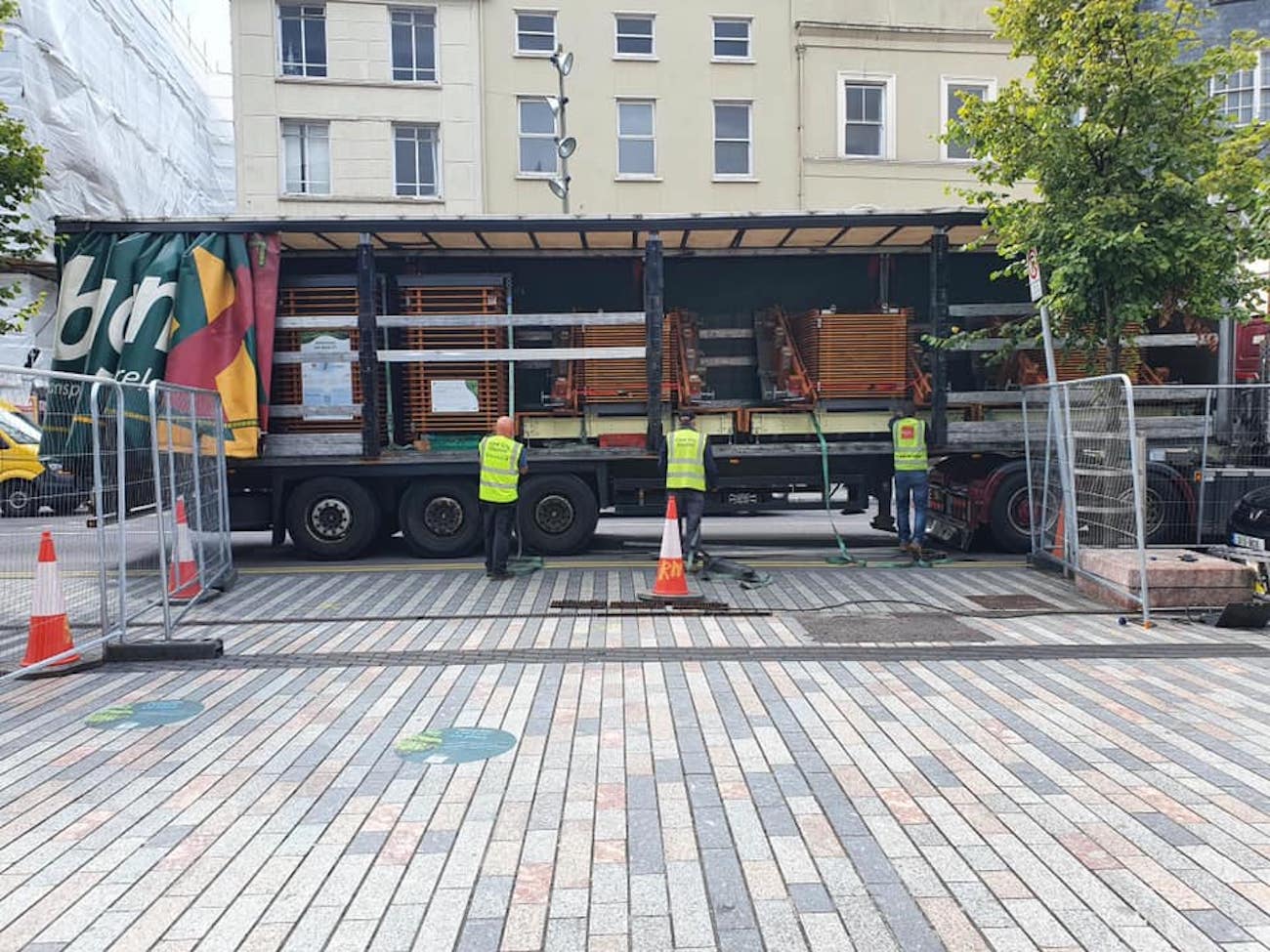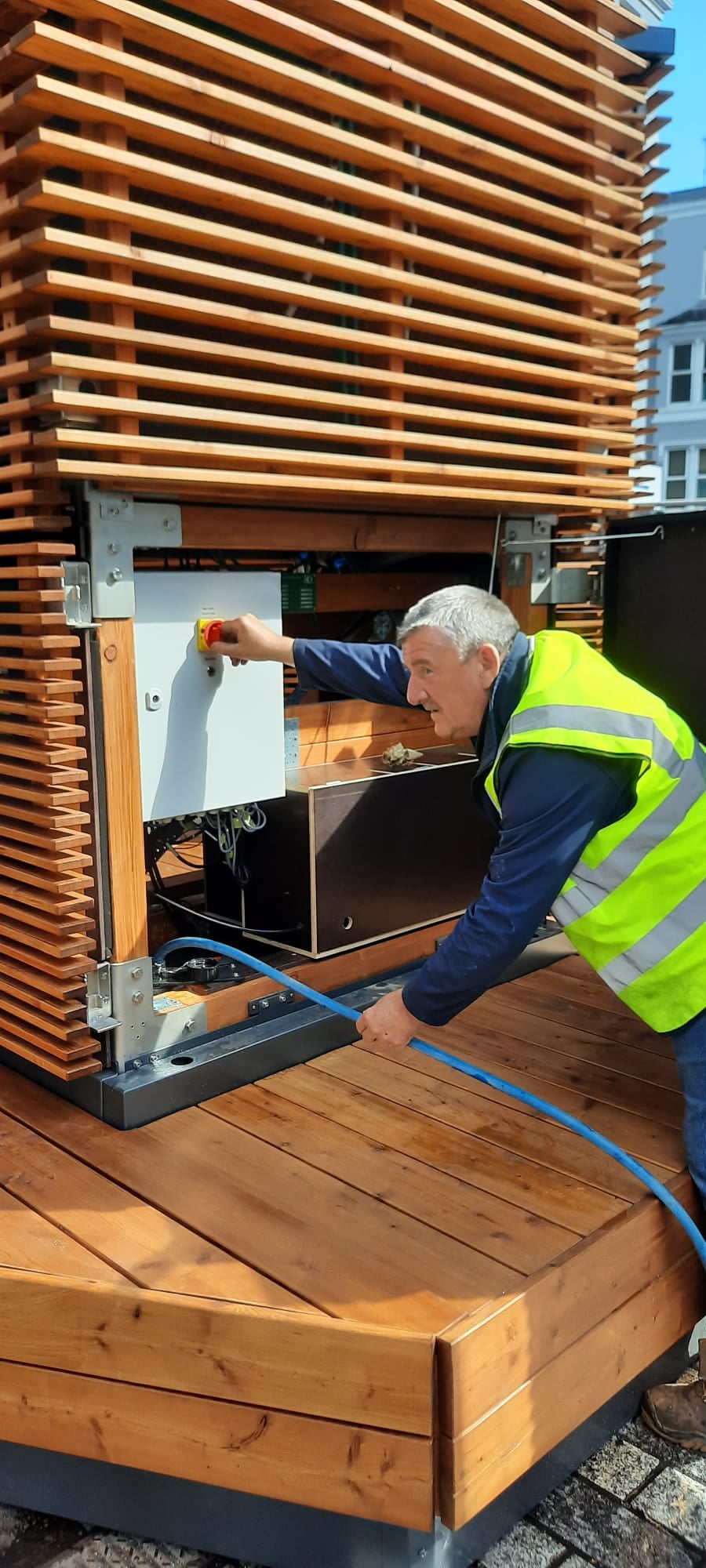Five striking high-tech ‘CityTrees’ are being installed in Cork city centre as part of Cork City Council’s strategy to tackle air pollution across the city. The four metre-tall units are being installed at St Patrick’s Street near French Church Street and on the Grand Parade near the City Library.
Using Internet Of Things (IOT) technology, these pieces of street furniture – which are covered in a mixture of moss cultures – filter harmful pollutants out of the air.
Benefits:
‘CityTrees’ help to combat fine dust particle pollution as well as other pollution associated with traffic congestion.
Air pollution is responsible for up to 1,300 deaths in Ireland each year, according to the Environmental Protection Agency (EPA)
Each CityTree can filter the air usage equivalent of up to 7,000 people per hour.
CityTrees are being installed in Cork city centre as a site-specific solution to the challenge of air pollution and to support public health across our city.
Pollution:
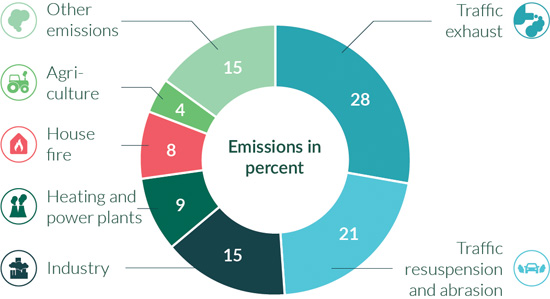
Fine dust consists of a complex mixture of tiny particles with a diameter of less than 10 micrometres harmful to humans. It is linked to lung and cardiovascular problems.
Each CityTree can filter the air usage equivalent of up to 7,000 people per hour.
The CityTrees provide a site-specific solution to the challenge of air pollution and are one of a suite of actions in Cork’s Air Quality Strategy. Air pollution is a public health concern and Cork City Council is the first local authority in the country to progress such a strategy.
How it Works:
The moss absorbs air pollutants such as particulate matter (PM) and nitrogen oxides (NOx) and emits clean air. The moss acts as a filter to ‘trap’ and ‘eat’ fine dust making it a sustainable and regenerative fine dust filter.
Scientific studies by the Leibniz Institute for Tropospheric Research have shown that moss mats clean about 80% of fine dust from the air.
The trees contain different mosses with fully automated water and nutrient provision based on a unique Internet of Things process controlling technology. Air filtering performance is regularly measured using air quality sensors and the plants’ requirements are measured in real-time.
The CityTrees were placed at the site-specific locations following a careful assessment by the air quality team. The locations reflect areas where they will have the greatest benefit.
Strategy:
The CityTrees project has been developed as part of the city’s draft Air Quality Strategy and is part of ongoing efforts to ensure sustainability is at the heart of the Council’s operations and future growth.
The Cork City Council Air Quality Strategy will be launched on Thursday 12 August 2021.
In 2019, Cork City Council installed a network of air quality monitors at various locations across the city. The sensors measure fine dust particulate matter, which is among other things, a by-product of burning solid fuel.
These low-cost air sensors are indicators of air quality and are best used to provide data trends. Under certain weather conditions, these can overestimate the fine particulate count and so a correction factor has beenapplied to them in recent months at http://corkairquality.ie
Cork City Council is focused on addressing air pollution and continues to enforce the prohibition on the sale of smoky fuel.
In a recent public survey conducted by Cork City Council on attitudes towards air pollution, 97% of the 744 respondents deemed air quality as important or very important and 49.5% of respondents deemed air quality in the city as ‘occasionally poor’ or ‘generally poor’. Up to 47% of those who answered the survey are most concerned with air pollution from traffic with 17.8% citing solid fuel burning as a concern.
Tree Planting:
Cork City Council is planting 1300 trees in parks and communities across the city throughout 2021.
Lime, oak, ash, beech, birch, rowan, holly, cherry, liquid amber are amongst the species of tree planted.
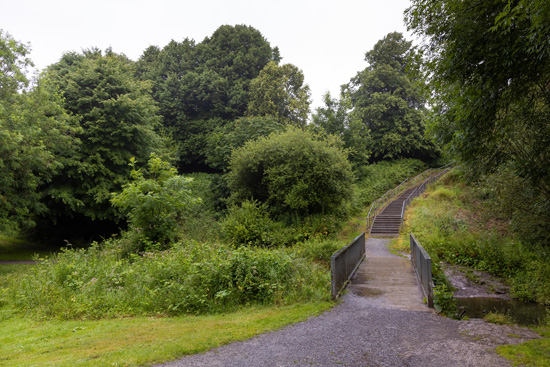
CityTrees act as a complement to trees, not a replacement for them. Trees convert CO₂ into oxygen, provide shade, and are important for the climate and biodiversity. However, they do little to combat air pollution caused by fine dust; in fact, they suffer from it. This is where our CityTree comes into play because mosses can filter and digest fine dust in a natural way.
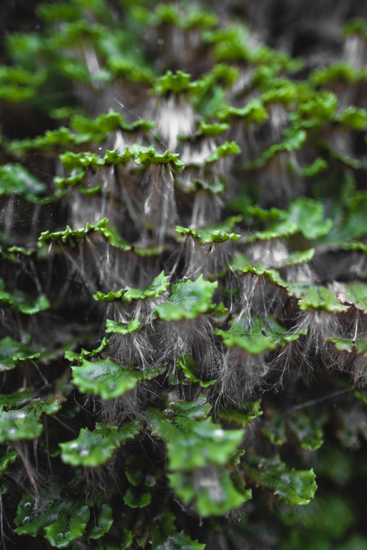
All-Ireland Pollinator Plan
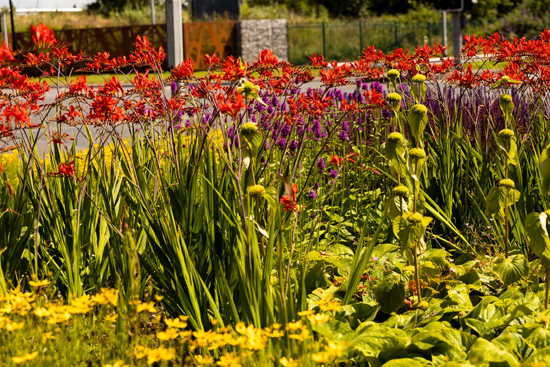
In 2019 Cork City Council agreed to :
- support the ethos of the All Ireland Pollinator Plan;
- to consider the plan in policies, plans, and management decisions where possible,
- and to carry out pollinator-friendly actions as outlined in the plan.
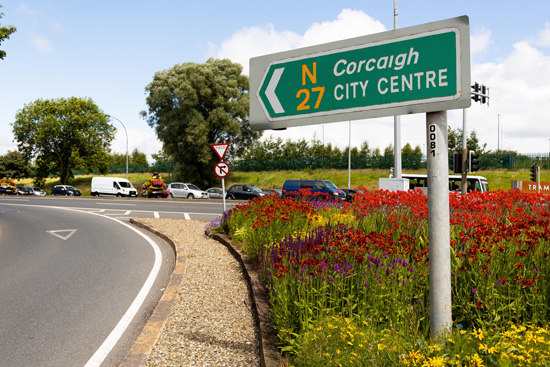
Since then Cork City Council’s Operations (Parks) crews have:
- Planted over 500 native Irish trees in parks and public open spaces in the city. Varieties include Birch, Oak, Holly, Hazel, Bird Cherry, and Maple. At Ballincollig Regional Park, about 200 trees and ornamental shrubs were planted while native Irish trees were planted in Sunvalley Drive-by HSE Health Action Zone and Youth Work Ireland, supported by Cork City Council. Another eight native trees were planted at Glasheen River / School Boys Walk with the support of the local residents association. At this mature one-hectare site, a suburban riverside haven, many of the actions recommended by the National Biodiversity Data Centre are being implemented.
- In 2021, pollinator-friendly plants make up 70% of Cork City Council’s approximate 120,000 summer bedding plants compared to 30% last year. Varieties planted this year include Salvia, Zinnia, Dahlia, Rudbeckia, and Cosmos
- Placed about 100 tiered planters containing pollinator-friendly flowers ( Bidens, Verbena and Calibrachoa) across the city.
- Parks crews manage wildflower meadows at Curraheen Walk, Lee Fields, Gerry O’Sullivan Park in Gurranabraher, Glen River Park, Clashduv Park in Togher and School Boys Walk-in Glasheen and Beaumont Park in Blackrock.
- This year, an additional 4,500 perennial plants are being planted at new locations such as Victoria Road Roundabout, Shalom Park, Kennedy Park, Grattan Street, Patrick’s Quay, Mardyke Walk and Mahon Golfcourse.
- In 2020, Cork City Council’s Parks Department planted herbaceous perennial schemes at Well Road Roundabout, Tramore Valley Park, Landsdowne Court, Old Youghal Road and Mick Barry Road / South Link Road.
- Up to 2,000 Seed Bombs have been distributed by Cork City Council following requests from schools and local residents groups like Mount Mercy College , Community Garden Shalom Park, St Columbas NS Douglas, Magazine Road Residents Association, Deer Park Residents Association and Palmbury Orchards Residents Association. Seed bombs were also planted at Fitzgerald’s Park in the city centre.
- Shalom Park Bug Hotel was funded by Gas Works Ireland and installed in 2018. Fitzgerald’s Park has natural log bug hotels installed within the woodland behind the bandstand. Cork City Council is working with Bishoptown Tidy Towns to install a bug hotel and also at Pophams Road with Cllr Kenneth Collins.
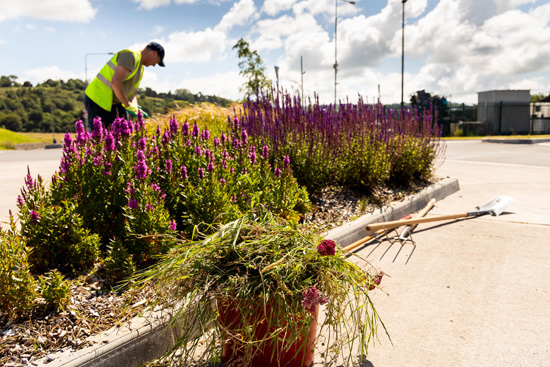 Planting pollinators (salvia) in Tramore Valley Park
Planting pollinators (salvia) in Tramore Valley Park
Help support Cork Safety Alerts by becoming a member – Click Here

